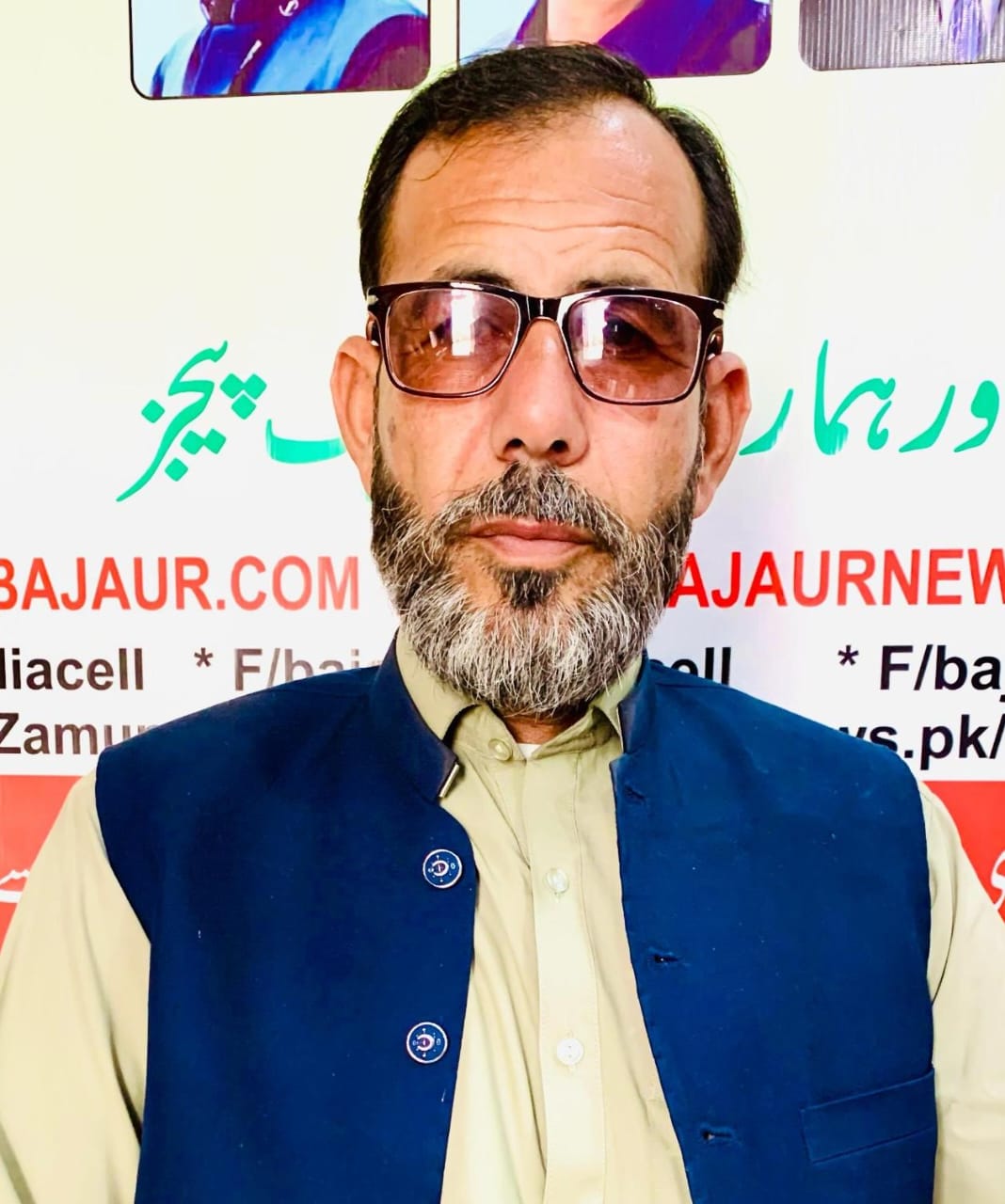By: Anwarzada Gulyar
Once again, the tribal district of Bajaur has risen in protest—this time against the rising tide of lawlessness, targeted killings, and government apathy. The grand Aman Pasoon (Peace March) held on July 13, 2025, was far more than just a public gathering. It was a declaration — a cry born of tribal pride, collective consciousness, and years of suppressed anguish finally breaking free. It was not a protest organized by a single party or group, but a unified roar from the heart of an entire people, one that echoed through the corridors of power.
Among the sea of participants were not only ordinary citizens, but also prominent political leaders from Bajaur and across the tribal belt. Those present included Prime Minister’s Special Assistant and Member of National Assembly (MNA) Mubarak Zeb Khan; Members of the Provincial Assembly (MPAs) Anwar Zeb Khan, Dr. Hamid ur Rehman, and Nisar Baz Khan; former MNAs Shahabuddin Khan, Syed Akhunzada Chattan, Sahibzada Haroon ur Rasheed; former Senator Maulana Abdul Rasheed; and key leaders and elders representing every major political party and faction. United, they stood on one platform — a rare and remarkable display of unity.
Thousands of people, braving the searing July heat and scorching sun, made their way to the protest site from the farthest corners of Bajaur. Among them were weary yet determined elders, and youth whose eyes burned with hope and the demand for justice. The innocent chants of children, the weathered yet defiant faces of the elderly, and the unrelenting slogans reflected a single truth: the people could no longer afford silence. The air was thick with emotion, pain, and resolve — banners were raised, voices thundered, and Bajaur stood tall.
The protest reached a deeply emotional moment when MPA Anwar Zeb Khan, overwhelmed by grief and frustration, tore his own shirt on stage. It was not theatrics; it was the eruption of years of pain, a symbolic act that has since become the emblem of this movement. His torn garment spoke louder than words — a visual protest that pierced through the noise.
Bajaur has sent a message loud and clear: the time for silence is over. All political parties must now rise above their differences and personal interests to protect the dignity, safety, and future of the tribal people. This is not just about Bajaur. It concerns the very soul of Khyber Pakhtunkhwa and its tribal belt.
Elected representatives must now prove that their strength is not limited to public speeches on campaign trails, but that they can be just as vocal and unrelenting within the halls of parliament. Just as Shahabuddin Khan once staged a bold and unprecedented protest in front of Parliament House against the Frontier Crimes Regulation (FCR), today’s leaders must take a stand inside legislative assemblies. Just as Anwar Zeb Khan ripped open his shirt in protest during the Aman Pasoon, so too must tribal representatives record their protest on the floors of parliament — fearlessly and forcefully.
Beyond that, Pashtun political leaders must now transcend party lines and come together solely for the cause of peace and the survival of the Pashtun nation. If the leadership continues to turn a blind eye, then this land will keep burying its sons, and these wounds will become scars forever etched into history.
The time has come for every political party, every elected leader, to fulfill their duty. If they truly care about the tribal people, they must unite and act decisively. The Aman Pasoon of Bajaur was not merely a protest — it was a verdict, a thunderous call for justice, and an awakening of the collective conscience.
Now, it is up to the state, the parliament, and the leadership to decide: will they heed this voice — or wait for another tragedy?

